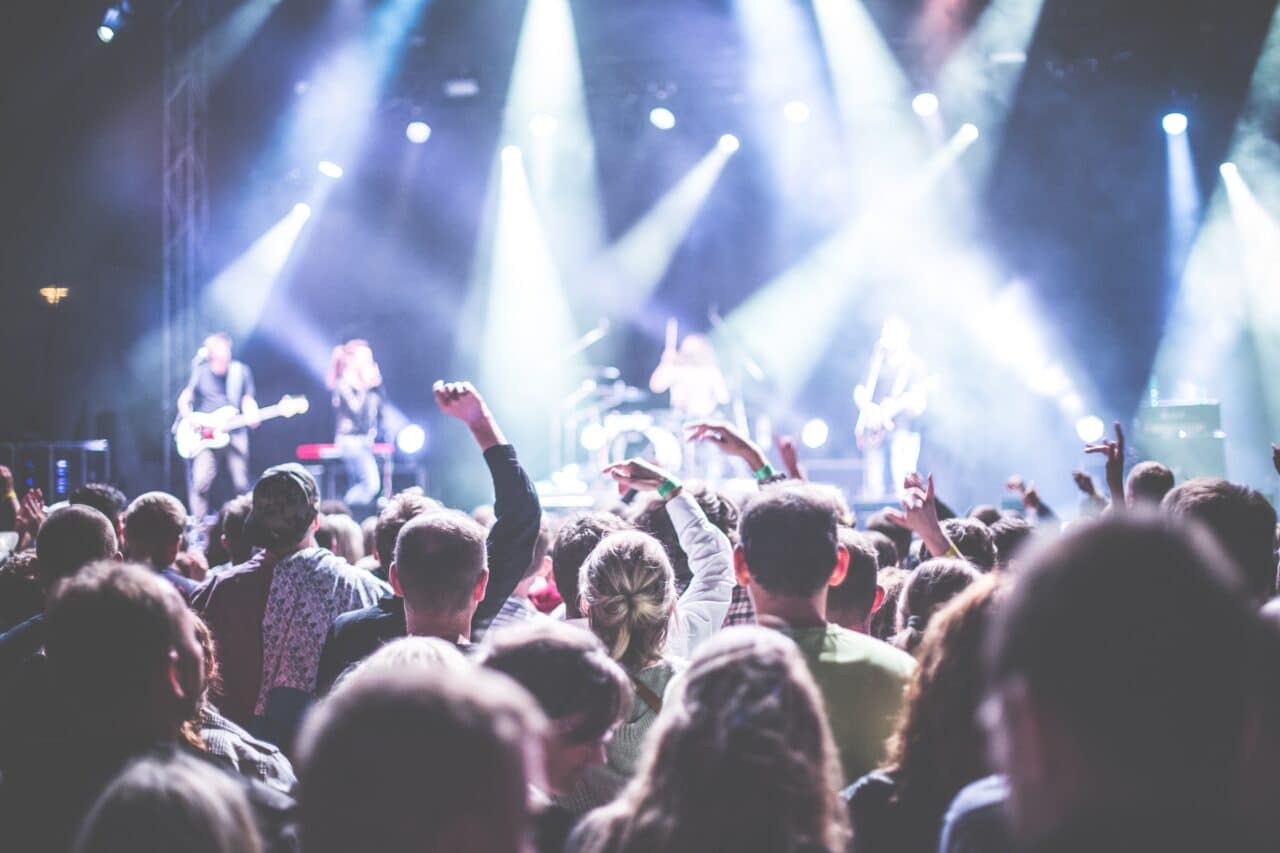October is both Audiology Awareness Month and National Protect Your Hearing Month. These campaigns are aimed at raising awareness about hearing health and learning how to prevent noise-induced hearing loss.
While many causes of hearing loss are out of our control, exposure to loud noise is often something we can take steps to avoid or reduce. Let’s take a closer look at noise-induced hearing loss and at some common activities that may be harming your hearing.
What is Noise-Induced Hearing Loss?

Noise-induced hearing loss occurs when loud sounds damage the hair cells of the inner ear. These hair cells help to transmit sounds through the auditory nerve to the brain. Unfortunately, there is no way to repair these cells, so once enough of them are damaged, it leads to permanent hearing loss.
Exposure to loud noise is one of the leading causes of hearing loss across all age groups. According to the Centers for Disease Control and Prevention (CDC), “An estimated 12.5% of children and adolescents aged 6–19 years and 17% of adults aged 20–69 years have suffered permanent damage to their hearing from excessive exposure to noise.”
Common Activities That Harm Your Hearing
While noise-induced hearing loss can occur from a single exposure to an extremely loud blast, it frequently happens due to prolonged exposure to sounds 85 decibels or higher. Many common activities can easily reach this volume and louder, including:
- Attending a live concert
- Hunting or target shooting
- Going to a sporting event
- Woodworking or home renovations
- Mowing the lawn or using a leaf blower or snow blower
- Boating
- Riding motorcycles or snowmobiles
- Listening to music with headphones or earbuds
- Taking an exercise class or working out at a gym that plays loud music
Preventing Noise-Induced Hearing Loss
You don’t have to avoid listening to music or going to games at Clemson’s Memorial Stadium to prevent hearing loss. You just need to follow some tips to keep your ears safe.
- Wear hearing protection like earplugs or earmuffs when engaging in loud activities. You can purchase these online or at a local drugstore or visit an audiologist for custom protection.
- Sit further away from sound sources and take frequent breaks by moving to a quieter location.
- Limit the volume on your headphones or other home listening devices.
When to Visit an Audiologist
The earlier you treat hearing loss, the better. If you have signs of noise-induced hearing loss, such as struggling to follow conversations, or are experiencing tinnitus (ringing in the ear), make an appointment with an audiologist. They can perform a hearing test and help you find the right pair of hearing aids to meet your needs.
To learn more or to schedule an appointment, contact Elevate Audiology today.
